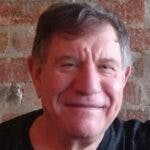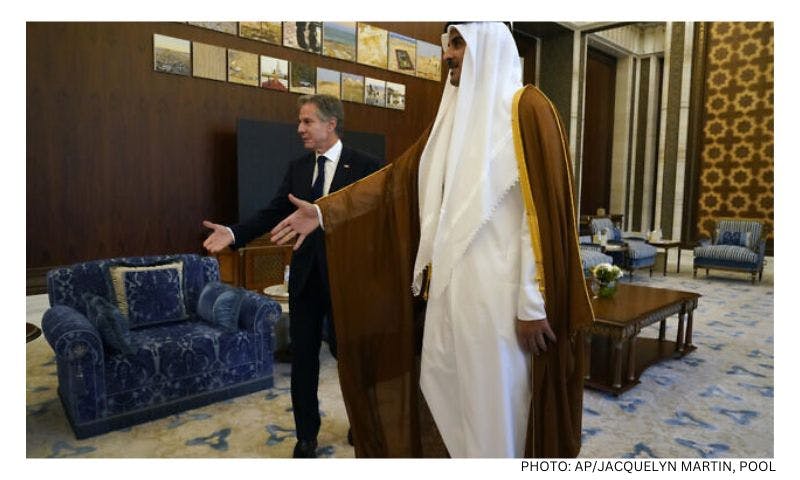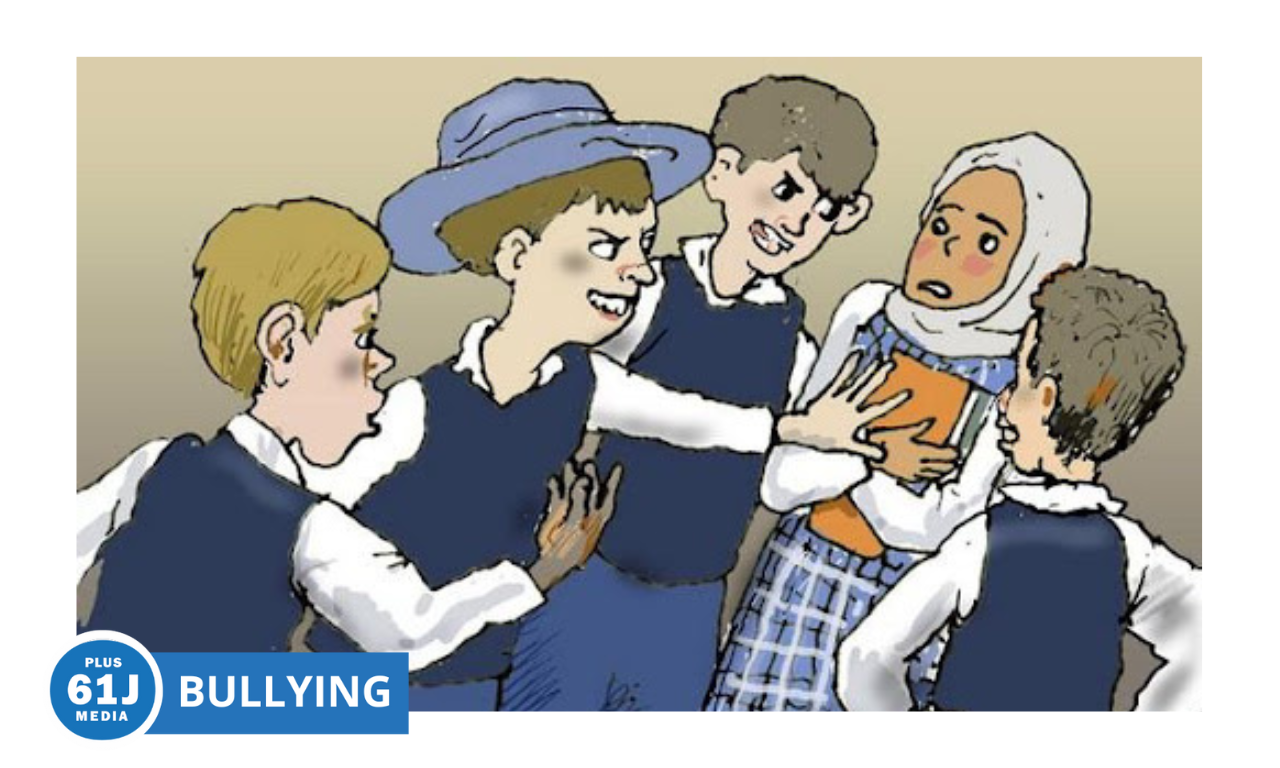Published: 30 November 2021
Last updated: 4 March 2024
DAN COLEMAN: A jury has found the organisers of the Unite the Right rally in 2017 guilty of fomenting violence, dealing a major setback to the US neo-Nazi movement
“MANY WHITE JEWS were raised to believe that America was a kind of promised land, where mass public demonstrations of hatred towards Jews was a thing of the past. Then came August 12, 2017, the Unite the Right rally in Charlottesville, Virginia.”
These are the words of Rabbi Tom Gutherz, spiritual leader of Congregation Beth Israel which stands in Charlottesville, mid-way between the statues of Confederate generals Stonewall Jackson and Robert E. Lee that were removed by the city earlier this year.
August 12, 2017 was the day white supremacists marched through Charlottesville, tiki torches blazing, and chanting “Jews will not replace us”, the day a rally turned into a riot during which a car was driven into counter-protesters killing a young woman named Heather Heyer.
It was the day about which then-President Donald Trump infamously commented “there were fine people on both sides”.
This was the day described by Margaret Huang, CEO of the Southern Poverty Law Center (SPLC), as “both the culmination of a hate-filled movement that had been building in our country and the violent beginning of a new chapter of extremism in this nation’s history. The organisers sought to normalise white nationalist ideals, [and] race-based conspiracies.”
It was a day that heralded a frightening increase of right-wing violence, including the Tree of Life Synagogue massacre in 2018, and culminating in the US Capitol insurrection earlier this year.
Thus, Jews and people of good will around the world breathed a sigh of relief last week when a Virginia jury brought a $US25 million judgment against the organisers of Unite the Right, a verdict hailed as a major setback for America’s neo-Nazi white supremacist movement.
As the plaintiffs’ attorney Roberta Kaplan concluded when the verdict was announced, “facts matter, the law matters, and the laws of this country will not tolerate the use of violence to deprive racial and religious minorities of the basic right we all share to live as free and equal citizens”.
Rabbi Gutherz wrote that “his heart skipped a beat” on hearing the news.
Given that the Unite the Right extremists were spouting antisemitic conspiracy theories, there is a certain irony in their being convicted under Virginia law for engaging in a conspiracy of their own, one that fomented violence and led to the injuries sustained by the nine plaintiffs.

More than a dozen of the nation’s most prominent white supremacists and hate groups were on trial, among them Richard Spencer (who coined the term “alt-right”), rally organiser Jason Kessler, Christopher Cantwell, the so-called “Crying Nazi” and a vocal neo-Nazi podcaster, and Daily Storm editor Andrew Anglin. Among the organisations were the Nationalist Front, East Coast Knights of the Ku Klux Klan, Fraternal Order of the Alt-Knights, and the Loyal White Knights of the KKK.
The civil suit, heard in US District Court in Charlottesville, was filed by nine victims, including four of the people who were injured by the car that killed counter-protestor Heather Heyer.
The plaintiffs, whose injuries included concussions and a shattered leg, testified that they suffered from post-traumatic stress disorder, insomnia, the inability to concentrate, flashbacks and panic attacks.
The defendants tried to maintain that their statements prior to the rally were protected political speech but prosecutors presented ample evidence from comments on social media and in podcasts that documented an unequivocal call for violence.
After examining the evidence, Holocaust historian Deborah Lipstadt said, “very few things surprise me, but I was taken aback.”

According to Joan Walsh in The Nation, Kessler posted that in Charlottesville they would “fight this shit out”. Cantwell texted to Spencer, “I’m willing to risk violence and incarceration… it’s worth it for our cause.”
Spencer replied, “it’s worth it, at least for me.”
As reported reported in the Washington Post, “defendants have dropped the N-word, admired Adolf Hitler, joked about the Holocaust and trafficked in racist pseudoscience” in what Oren Segal of the Anti-Defamation League described to The Forward as a “Star Wars bar scene of extremism”.
A tape was played in court of Spencer ranting, “little fucking kikes. They get ruled by people like me… They look up and see a face like mine looking down at them. That’s how the fucking world works. We are going to destroy this fucking town [of Charlottesville].”
Spencer apologised to the court for those “juvenile” words which led Walsh to conclude “that’s their whole schtick… whiny and juvenile, while sometimes violent. That’s what they’re like, and that’s why it was so easy to mock them. They are preening, cruel and juvenile middle-aged assholes”.
Legal analyst Deborah Lithwick agreed, writing in Slate, “their racism as expressed in court was puerile and dumb (yawn-inducing references to Mein Kampf and dropping the N-word)… The jury saw them for what they were: sad little violent white men begging for relevance if nothing else. They failed even at that”.
As tempting as it might be to join Walsh in mocking these criminals, the harm they have been held responsible for is horrific: numerous injuries and a death as well as catalysing a movement that has been responsible for increasing mayhem and many more deaths in the years since.
It is difficult to predict how much the $US25 million in damages will set back the white supremacist movement. The individual defendants may find themselves impoverished, wages garnished years into the future. The organisations will lose substantial assets and with them much of their ability to effectively promulgate their grotesque agenda.
As Richard Spencer left the courthouse he described the alt-right movement as “long dead and gone”.
The jury saw them for what they were: sad little violent white men begging for relevance if nothing else.
But, despite the verdict, Rabbi Gutherz believes we are a long way from seeing the final nail in the coffin of the far right. After the trial, he wrote, “it is a sobering reflection that, even as this trial is ending, no one can honestly say that the spread of these hateful ideas has diminished today in comparison to four years ago.” [And, as The Jewish Independent has extensively documented, right-wing extremists today form the “antisemitic underbelly of anti-lockdown groups.”]
And, as the Charlottesville trial was playing out, Trump, along with allies, among them extremist members of Congress, was attempting to rebrand the January 6 insurrectionists, including white supremacist organisers, as heroes and patriots.
The Charlottesville verdict, though heartening in its significance, is just one more step in the fight against antisemitic white supremacy.
After the verdict, Rabbi Gutherz contemplated the plot of grass where the Robert E. Lee statue had until recently stood. “I allowed myself to hope,” he wrote, “that what will arise on that small, open and humble patch of earth will be something that represents the highest aspirations of our community and nation rather than its worst divisions and brutality.
The verdict calls for sober reflection: on the suffering of the victims; on the death of Heather Heyer; on the bravery of those counter-protesters.
“I hope it will be something that tells even a part of the story of the brave and largely unsung heroes who, in the darkness of violence and oppression, lit the lights of resistance and hope.”
The Charlottesville verdict calls for sober reflection: on the suffering of the victims; on the death of Heather Heyer; on the bravery of those counter-protesters who stood up to the neo-Nazi threat; and on those, like Rabbi Gutherz, who can imagine – and work toward – a better world.
Photo: White nationalist Jason Kessler, centre, walks to the White House to rally on the first anniversary of the Charlottesville "Unite the Right" rally on August 12, 2018, in Washington (AP/Jacquelyn Martin)




